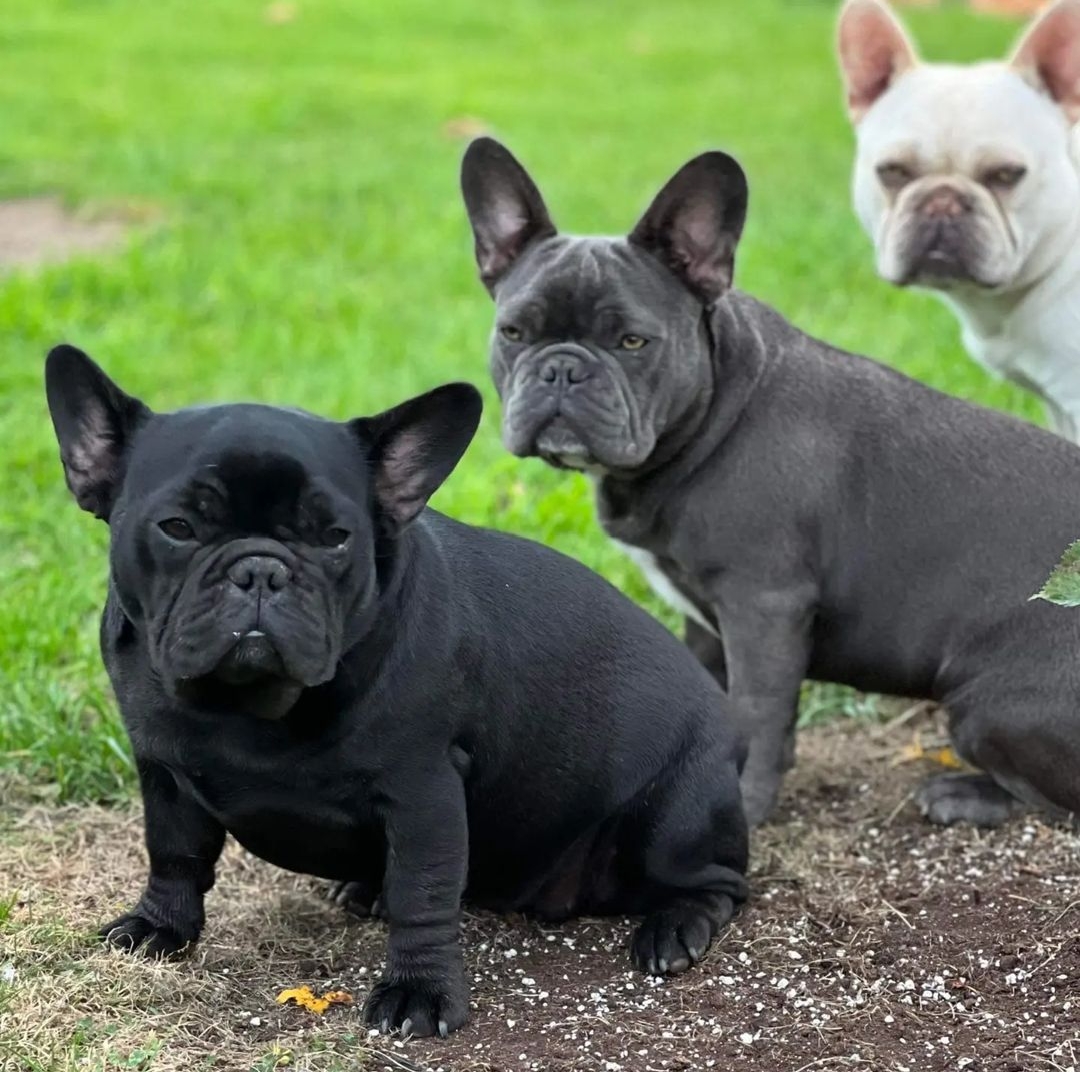Caring For Elderly Dogs
- FreeRange null

- Oct 9, 2023
- 2 min read
Updated: Aug 8, 2024
1. Healthy Diet:
As dogs age, their metabolism slows down, and their nutritional requirements change. Opt for premium dog food with a focus on quality ingredients. Adjusting their diet to suit their activity level and age is crucial. Spreading their daily food intake across multiple smaller meals aids digestion, weight management, and reduces the likelihood of scavenging.
2. Hydration:
Maintaining proper hydration is essential. Aging dogs may be prone to dehydration, so always provide access to fresh water. Be vigilant for changes in drinking patterns, as this could be an early indicator of underlying health issues. If you notice any deviations, accurate measurement over a day and consultation with a vet may be necessary.

3. Exercise:
Regular, moderate exercise is key to keeping older dogs healthy and active. Tailor activities to their comfort level, considering factors like stiffness after vigorous exercise. Consistency in daily exercise helps maintain mobility and mental stimulation. Be mindful of potential hearing loss, reinforcing recall behavior in safe, familiar spaces.
4. Comfort:
Creating a comfortable environment for your aging dog is vital. Provide a warm, quiet resting place away from disturbances. Older dogs may experience loss of bladder and bowel control, making easily washable bedding a practical choice. If your dog shows signs of preferring solitude, respect their need for undisturbed rest.
If you dig is going blind, don't move the furniture around at home. Your dog will quickly make a mind and scent map and be able to get around.
5. Grooming:
As dogs age, they may not groom themselves as thoroughly. Daily grooming sessions become essential to keep their skin and coat healthy. Beyond aesthetics, grooming allows you to check for any abnormalities, lumps, or changes in their skin condition. Regular grooming also stimulates blood circulation, contributing to their overall well-being.
6. Oral Health:
Dental care is crucial for senior dogs. Regularly brushing their teeth helps prevent dental issues. Choose dental chews and specialized toys designed for oral health, but be cautious about calorie content and hardness. Dry food formulated for dental care can also contribute to maintaining good oral hygiene. Watch for signs of dental problems and consult your vet promptly.
7. Veterinary Care:
Regular veterinary check-ups become more critical as dogs age. Starting from around nine years old, consider more frequent check-ups to monitor your dog's health. Promptly address any health concerns between scheduled appointments, such as sudden weight loss or changes in behavior, by consulting your vet. Regular veterinary care ensures early detection and effective management of age-related health issues.
We highly recommend PD Pet Insurance, click the link below to get the best quote






Comments